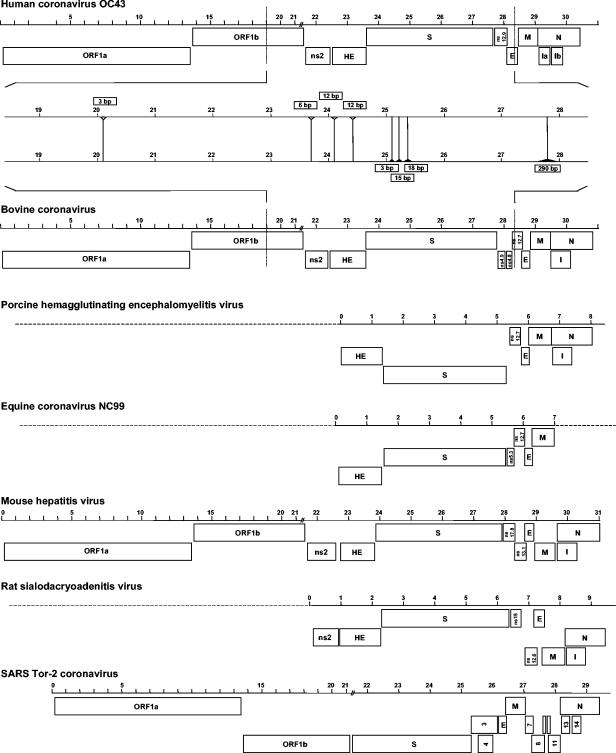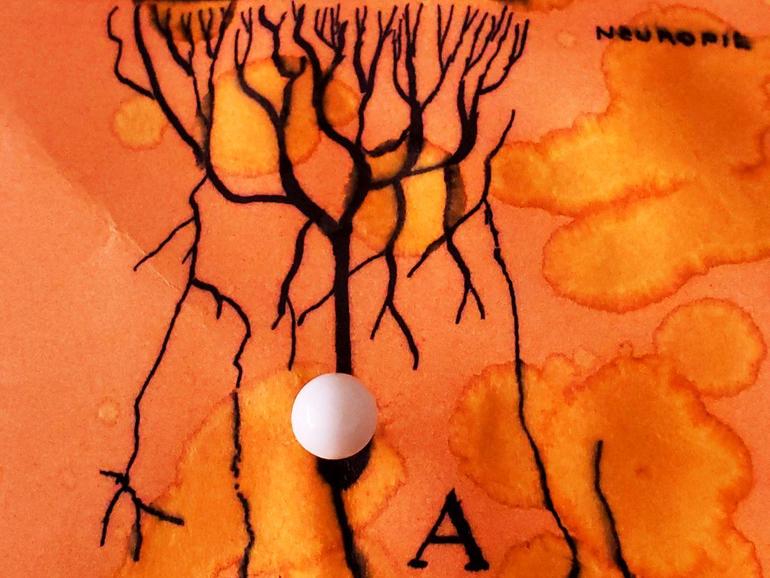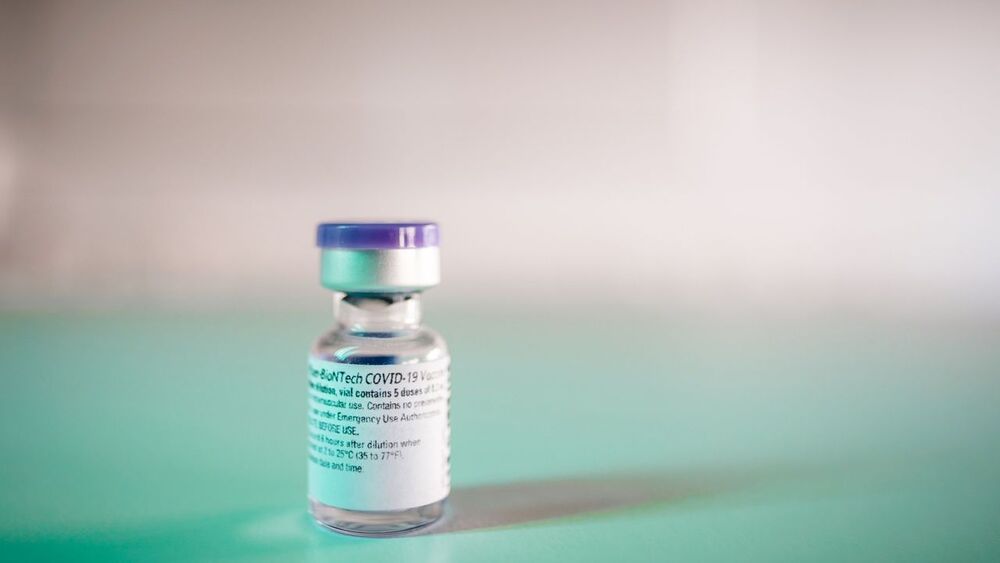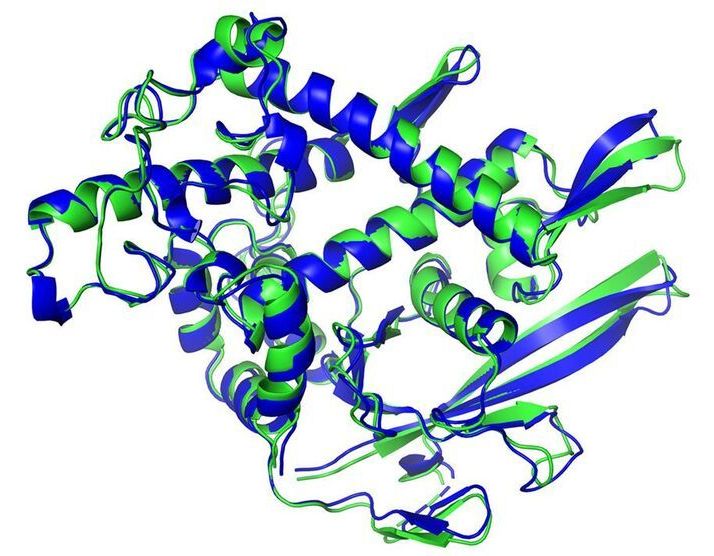Today we’re joined by Melodie Yashar — Designer, Researcher, Technologist, co-founder of the firm Space Exploration Architecture (SEArch+), Senior Research Associate with San Jose State University Research Foundation at NASA Ames Research Center, and an Associate Researcher within the UC Davis Center for Human/Robotics/Vehicle Integration and Performance (HRVIP). She also teaches undergraduate and graduate design at Art Center College of Design and is a 2019–2020 Future Space Leaders Fellow.
Melodie’s current work focuses on the relationship of advanced software & hardware systems for spaceflight and maintains ongoing research interests in the design of augmented environments, human-machine interaction, human performance studies, and space technology development.
As an undergraduate Melodie studied at UC Berkeley and at Art Center, and she holds graduate degrees in architecture and human-computer interaction with an emphasis in robotics from Columbia University and Carnegie Mellon University, respectively.
She also served as a Visiting Professor at Pratt Institute, as a researcher within Carnegie Mellon’s Morphing Matter Lab and Design Director of Sonic Platforms.
Having come from an interdisciplinary background, Melodie appreciates those who see research and design as a confluence of different fields—allowing problem solving to become a more thoroughly collaborative exercise.






